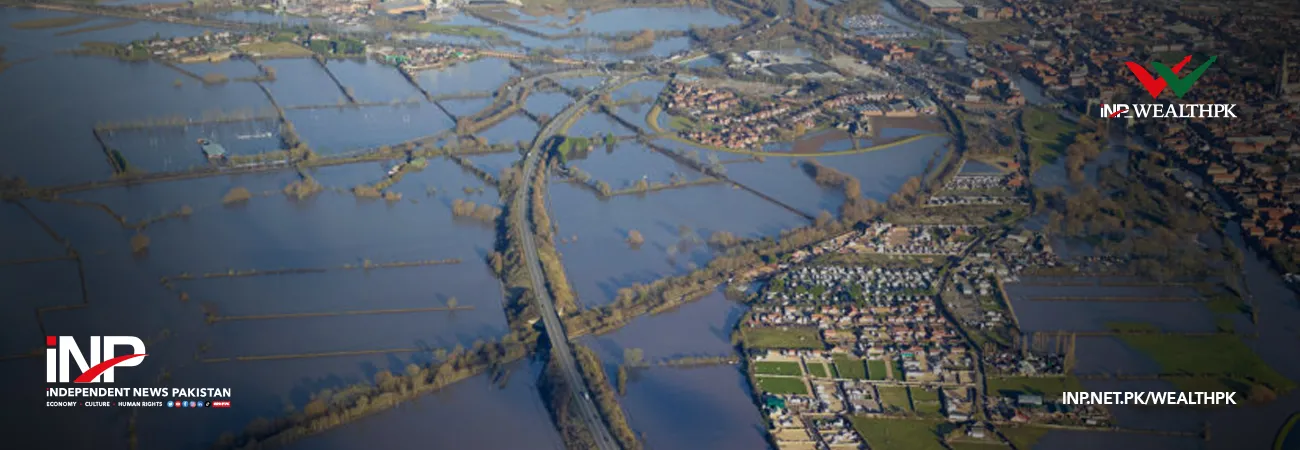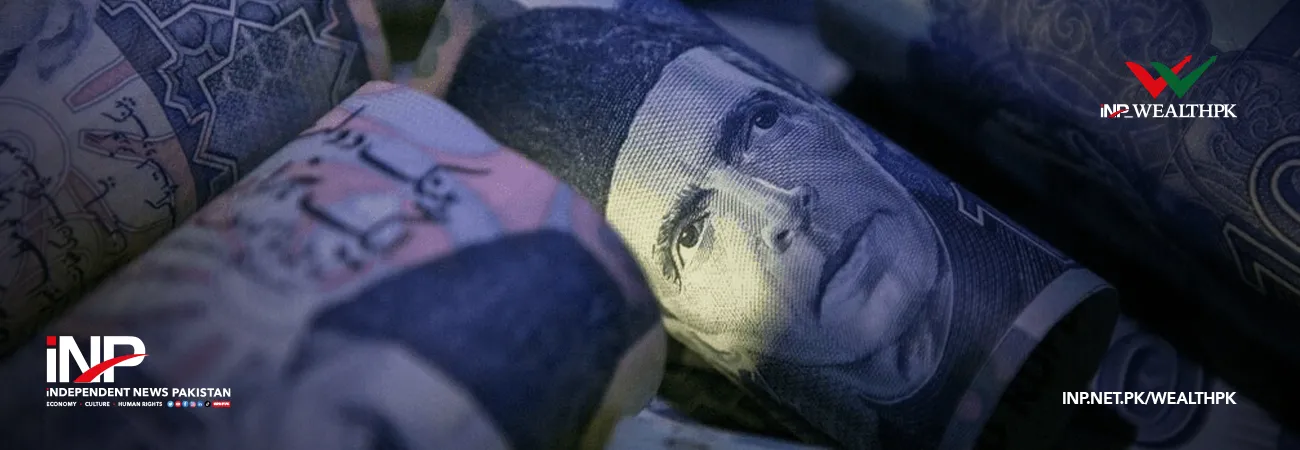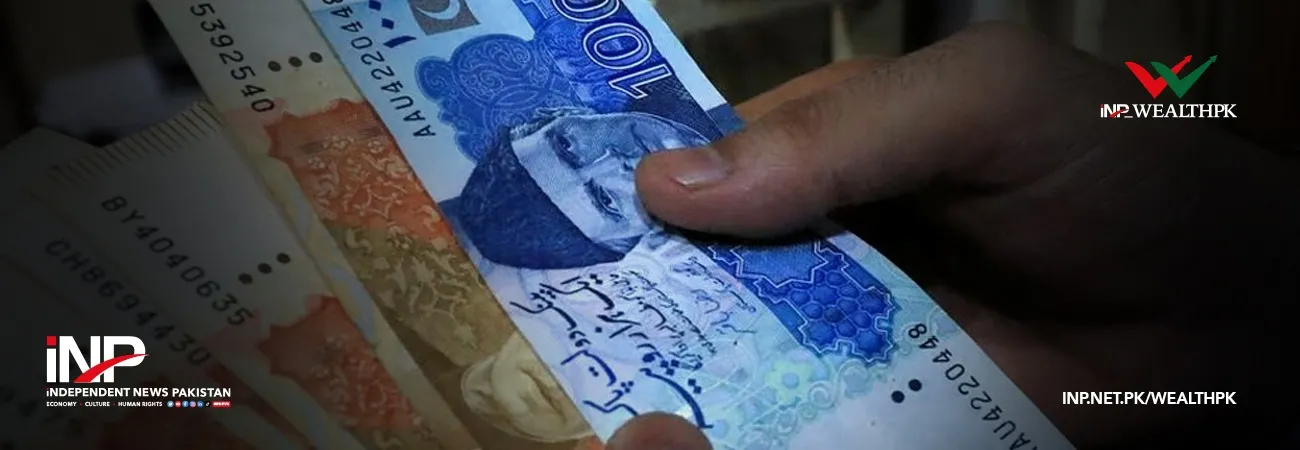INP-WealthPk
Ayesha Saba
Human capital externalities and market failures provide a strong rationale for the government to invest in human capital. As in most developing countries, poor people in Pakistan stand to lose the most when the public sector fails to make these investments, said Dr Mamta Murthi, Vice President for Human Development at the World Bank, in a panel discussion titled "Pakistan Human Capital Review: Building Capabilities Throughout Life," reports WealthPK.
Dr Mamta said, "To boost its human capital, Pakistan needs to bring population growth under control, invest more in the supply of health and education, and enhance female labour force participation through domestic resource mobilization, shifting re- sources from costly energy subsidies and improving efficiency in the existing allocations to human development sectors."
"Bringing more women into education and the labour force will require increased focus on their safety, not just at school and in the workplace but also in transit to and from home, while creating more jobs accessible to them in all parts of the country." "In Pakistan, the COVID-19 pandemic and the floods of 2022 have seriously disrupted human capital formation because the 2022 floods further limited access to health and education services and likely increased malnutrition and learning poverty," she added.
"With the right policies and investments, the growing working-age population can become healthier, better educated, more skilled, and more productive and can earn more, if the economy generates more and better jobs. This calls for a deliberate effort from multiple stakeholders," Dr. Murthi stated. Pakistan has made some progress in its human capital over the past three decades, but its overall levels remain low, and its human capital growth is not fast enough to catch up with other lower-middle-income countries, says the Pakistan Human Capital Review report 2022 by World Bank.
The World Bank reported that human capital makes up 61 percent of Pakistan's wealth, yet its levels of human capital are among the world's lowest. About 7 percent of newborns in Pakistan do not live to their fifth birthday. Around 40 percent of children under 5 are stunted, relegating them to a lifetime of physical and cognitive deficits. Talking to WealthPK, Ijaz Ali, an economist at the Centre of Business and Economic Research (CBER), Institute of Business Administration, Karachi said, "People will be more engaged and play their role in boosting economic growth if they have human capital skills."
"Pakistan struggles with a high population growth rate and widespread poverty. Moreover, inequalities persist, with human capital gaps remaining similar over time between rich and poor households, men and women, and rural and urban areas. Gaps in human capital outcomes between urban and rural areas are large, though they have declined a little over the past three decades. From 1990 to 2019, the HCI value rose from 0.38 to 0.43 in urban areas and from 0.30 to 0.38 in rural areas. The difference in HCI values between urban and rural areas has shrunk faster in the most recent decade, due to accelerated gains in rural areas."
Without quick and sustained action, he said, this reversal will become increasingly hard to undo and will require a more systematic approach to put improving human capital outcomes back on track. A recent study by the World Bank shows that Pakistan's Human Capital Index (HCI) of 0.41 is low both in absolute and relative terms, which means that a baby born in Pakistan today will only be 41% as productive as they could be if they enjoyed complete education and full health. Indeed, Pakistan's human capital outcomes are more comparable to Sub-Saharan Africa's, with an average HCI of 0.40.
Credit: Independent News Pakistan-WealthPk













